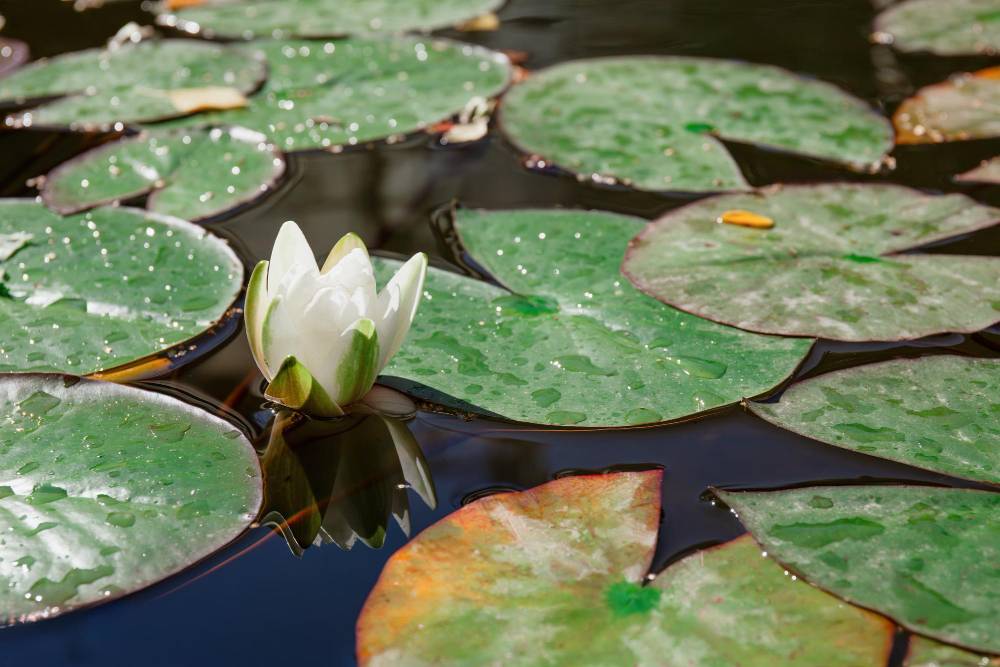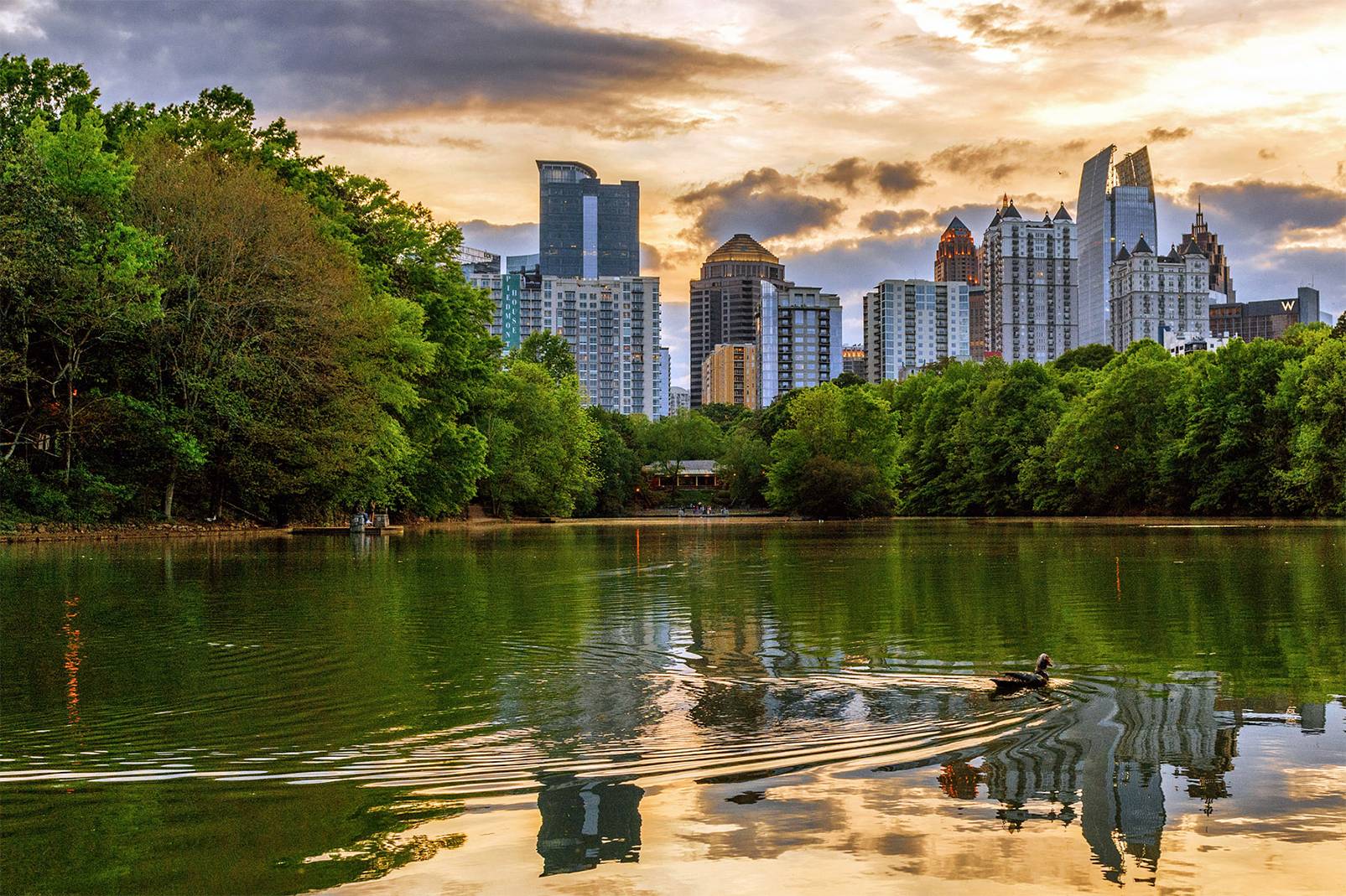
A pond is much more than a body of water. While the water is the focal point, the aquatic life, including fish and plants, play a huge role in the health, beauty, and balance of your water body. The right plants can oxygenate the water, reduce algae growth, and provide shelter and food for fish.
Choosing the right aquatic pond plants is not as simple as it sounds though – nor is it overly sophisticated. In this brief article brough to you by Aquatic Restoration, we offer some tips on selecting the aquatic plants that will help your pond thrive.
If you’d rather leave this work to the pond maintenance professionals, then call Aquatic Restoration to schedule a face-to-face meeting or on-site visit for as soon as possible.
Before getting into specifics, let’s highlight why aquatic plants are worthwhile. We can count these benefits on one hand:
Submerged plants grow beneath the surface and play a vital role in releasing oxygen and absorbing excess nutrients. This helps reduce the risk of algae blooms and keep the water clear. Popular submerged plants include:

Floating plants rest on the water's surface with their roots dangling below. These plants help control algae by blocking sunlight and absorbing nutrients from the water. Their ability to reduce sunlight also helps keep the water cool. Common options include:
Marginal plants grow along the water’s edge or in shallow areas, making them excellent for controlling erosion. They also add a natural and attractive border to the pond while offering habitat for wildlife like frogs, insects, and birds. Some popular choices are:
While some plants are purely ornamental, such as water lilies, others play crucial roles in maintaining the health of the pond. Selecting a mix of submerged, floating, and marginal plants will create a balanced ecosystem that looks great and functions efficiently.
Retention pond maintenance can be complex, and hiring specialists can ensure that your pond’s ecosystem stays in balance. Whether you're looking to improve water quality, protect fish, or simply beautify your pond, the professionals at Aquatic Restoration are here to help.
Lake management is an integral part of keeping your lake in peak condition. It involves activities such as lake…
There are many incredible benefits that come with restoring natural lake depth. Not only does it improve water quality…
When it comes to maintaining healthy water bodies, there are two primary methods that are often used: dredging and pond…
There’s peace of mind in knowing you have a reliable detention pond on your property. These man-made ponds temporarily hold…
Owning waterfront property is a dream come true for many people. Everything from the stunning views to a relaxing lifestyle…